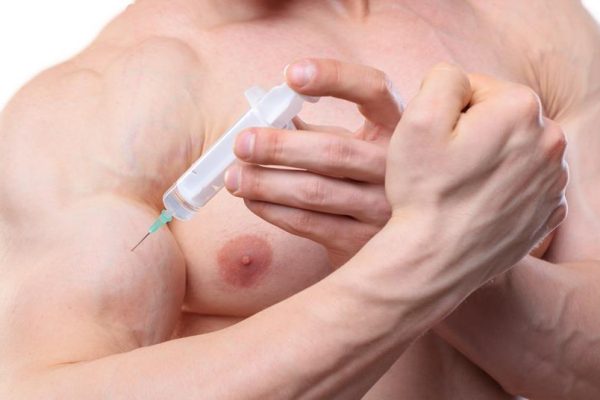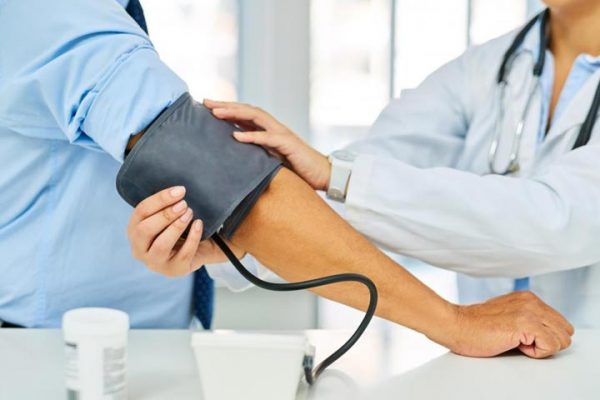Substance abuse comes in all shapes and forms, from opioid addiction to alcohol abuse and addiction to a host of other drugs. There is no denying the fact that addiction is a life-altering disease that can have a devastating impact on an addict’s life. It can also create havoc for the people around them unless they make a conscious effort to get the help they need to recover for staying clean and become sober.
Even after getting the help that they need to become sober, starting life anew after you have worked so hard to ward off your addiction problem is not easy. A recovering addict’s mental health is in a constant spiral and challenged every step of the way. As you initially fight off the symptoms, overcome the cravings, and fight the temptation, you may have the right professional support to stay afloat and stay sober and clean.
But what happens after you have fought off the disease? Staying clean and sober after you have successfully beat your substance abuse disorder is the real goal that you want to achieve. Resuming your everyday life with a level of normalcy may take several years. Unfortunately, the chances for relapses are there all the time. It is crucial to make conscious efforts to stay clean and sober and regain control of your life.
This post will highlight some of the tips for staying clean and sober that can help you or a loved one struggling with staying sober find the inspiration to continue their journey to start a new life that is free from addiction and its consequences.
Table of Contents
4 Tips For Staying Clean And Sober
Here are some of the best tips to help you stay clean and sober and guide you through life after recovering from a substance abuse disorder.
1. Understand your triggers
A big part of eliminating your chances of relapsing is to identify the external and internal triggers that could lead you to begin using them. External triggers could include people, places, things, and situations that could promote the cravings that you used to associate with your substance abuse problem. Internal triggers could include emotions and feelings that you associated with your substance abuse.
Identifying your biggest triggers that place you at risk of relapse can help you create a plan to avoid them or to prepare for them and overcome them.
2. Identify relapse warnings
Identifying the signs of a relapse can help you avoid letting the relapse from catching you by surprise. Most people do not know the warning signs of a relapse coming their way. Many people who relapse think that their relapse happened when they started using again. However, a relapse comes a long time before that.
A relapse consists of an emotional relapse, mental relapse, and finally, the physical relapse. Some of the warning signs of a relapse include:
- Returning to addictive thought processes
- Engaging in self-defeating or compulsive behaviors
- Looking for situations involving people who use the substance you used to abuse
- A lack of rational thinking and responsible behavior
- Finding yourself in situations in which using the substance feels like the best solution
Identifying these signs can help you avoid getting into situations that could trigger a relapse long before it occurs.
3. Stay away from older habits and routines
Sticking to the same routine and old habits after quitting your drug or substance of choice can have a significant impact on your road to complete recovery. If you continue to do the same things, hang around the people who enabled your substance abuse, and not making any changes to improve your circumstances can set you up for failure.
You should make immediate and drastic changes to decrease your chances of relapsing. This can include avoiding the people that you used alcohol with or obtained the drugs from. Just think about it: do you really think that it is smart to hang out with your drug dealer or an old drinking buddy? What are the chances of you slipping up in their presence and falling back into your old and dangerous habits?
You can also consider changing other habits if they can help you avoid your triggers.
4. Build healthy relationships and a strong support system
Another tip for staying clean and sober is having a strong support system. Many of the relationships you had during the time you were using were not healthy for you and contributed to you developing the problem in the first place.
Now that you have a clearer perspective on life and discovered that your past relationships were unhealthy and toxic, you should take steps to change them. Identify all the toxic relationships that enabled your habits and cut them off.
Focus on building new and healthy relationships, reinforce your relationship with the people who helped you recover, and create a strong support system so that you can stay away from the drug abuse problems for good.
Is A Loved One Struggling With Addiction?
Fighting your addiction and overcoming it is a challenge in itself. Staying sober and clean after fighting off the disease can continue to be difficult, and the right habits and support system can go a long way in helping you or a loved one who has been struggling with addiction remain clean and sober.
It is not uncommon for someone who has a history of substance abuse and drinking problems to relapse. If you or someone you know has been struggling with substance abuse, overcomes it, and relapses, you should not take that as a reason to become hopeless about recovery.
Continuous efforts to recover from the addiction have shown positive results. Relapses happen, but the chances begin decreasing over time. Relapses are not a sign of failure. Instead, they are a sign that the treatment method needs to be changed. Your loved one might relapse several times before finding an effective treatment method that keeps them on track.
If you’ve had an intervention and are ready to support your loved one through addiction treatment, Beat Addiction offers a medication-assisted treatment program that can make the road to recovery a little easier traveled. Explore the treatment to learn more.



